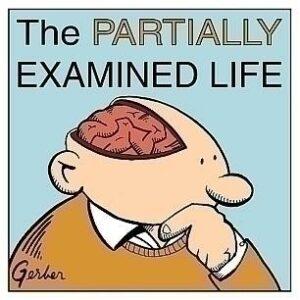
In this episode of “Stuff You Should Know,” the hosts explore the controversial topic of voter suppression and voter fraud. They discuss the historical context, the impact of voter ID laws, and the ongoing issues surrounding voting rights in the United States.
Voter suppression tactics have been used throughout history to prevent certain groups from voting. The Republican Party has been accused of using these tactics to block people from voting for Democrats, specifically targeting minorities and the elderly. The Supreme Court’s decision to weaken the Voting Rights Act of 1965 has allowed voter suppression laws to spread across the country.
The right to vote has evolved over time. Originally, only white men who owned property could vote, but amendments following the Civil War granted suffrage to all men regardless of race. However, voter suppression tactics such as literacy tests, poll taxes, and grandfather clause laws were used to prevent Black Americans from voting during the Jim Crow era.
Convicted felons lose their voting rights in many states, and there is a racial disparity in disenfranchisement, with a higher percentage of African Americans affected. Only Vermont and Maine allow incarcerated felons to vote, highlighting the need for reform in this area.
Voter ID laws have been implemented as a means to prevent voter fraud but have been criticized for suppressing voting among groups that tend to vote Democrat, such as minorities, women, the poor, the disabled, and the elderly. Obtaining the necessary documents for a free voter ID can be costly and challenging for certain individuals, creating barriers to voting.
Voter intimidation tactics, such as billboards with threatening language and poll watchers, are often targeted at poorer neighborhoods and minority communities. These tactics can discourage voter turnout and make individuals feel unwelcome at polling stations.
Voter suppression and voter fraud continue to be contentious issues in politics today. While some argue for the need to prevent voter fraud, others highlight the importance of protecting voting rights and ensuring equal access to the polls. It is crucial to address these issues and work towards fair and inclusive elections that uphold the principles of democracy.